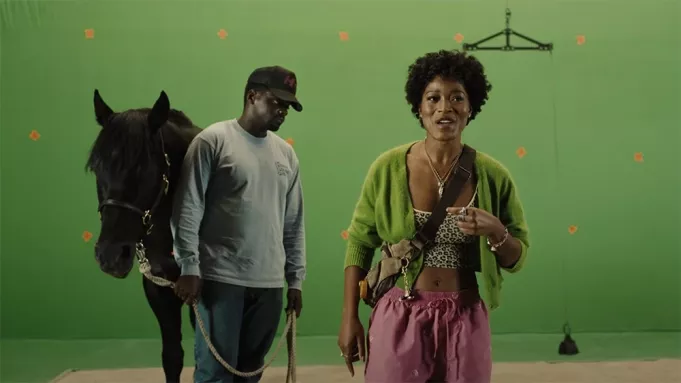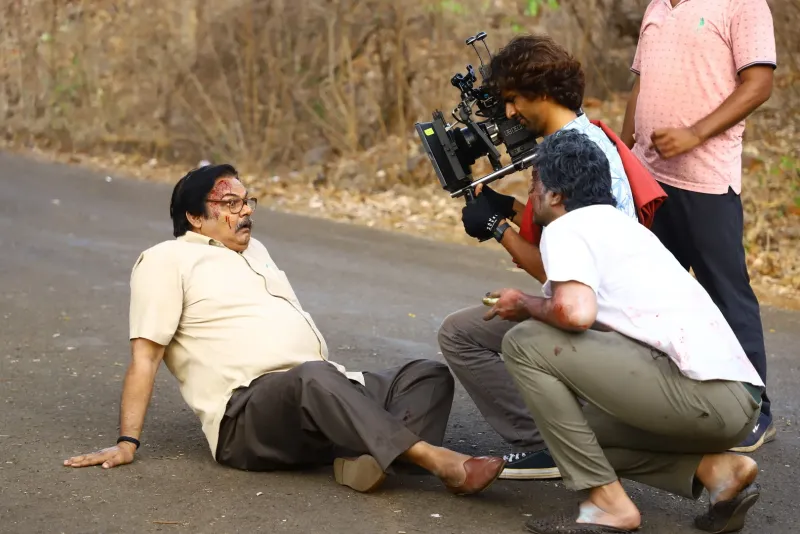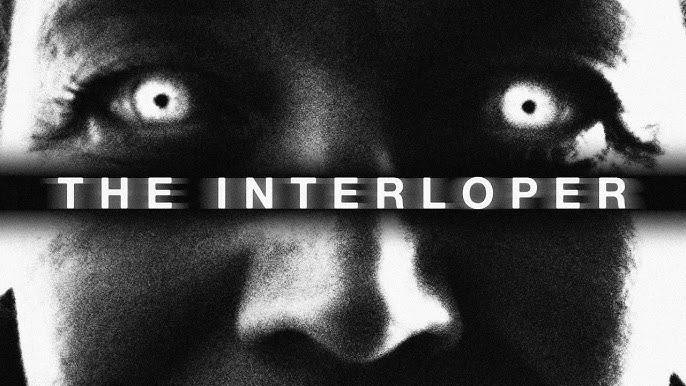Imax’s headquarters in Los Angeles is not officially a shrine to Christopher Nolan, but the casual observer could easily assume the entire building exists in tribute to the director.
The office has several rooms dedicated to cameras and post-production equipment that’s used predominately by Nolan, who deployed Imax technology for the likes of “The Dark Knight,” “Inception” and “Tenet.”
Nolan isn’t the only auteur who gets rock star treatment at Imax. In another area, Jordan Peele’s next nightmarish vision, “Nope,” is closely safeguarded in stacks of cumbersome film reels. Imax’s use of space is emblematic of the company’s dedication to artists at each step of the moviemaking process.
“It’s not for every filmmaker. It’s not for every film,” says Imax Entertainment president Megan Colligan. “But there’s massive intention when [movies] are crafted for Imax. Audiences know that intention, so they gravitate towards seeing them in Imax.”
As with the rest of the film industry, the company was rocked by COVID-19 and the prolonged cinema closures and seemingly never-ending wave of release date delays that followed. But Imax has been in an enviable position since the great movie theater revival. On the other side emerged an even greater reliance on big-budget blockbusters and premium moviegoing experiences — it’s what Imax does best.
During that time, Imax CEO Richard Gelfond says, executives committed to “making the company and the industry a lot better… and a lot different.”
As the film industry heads to Las Vegas for CinemaCon, the annual gathering of theater owners, Gelfond and Megan Colligan talked to Variety about recalibrating after COVID-19 and potentially working with Netflix.




